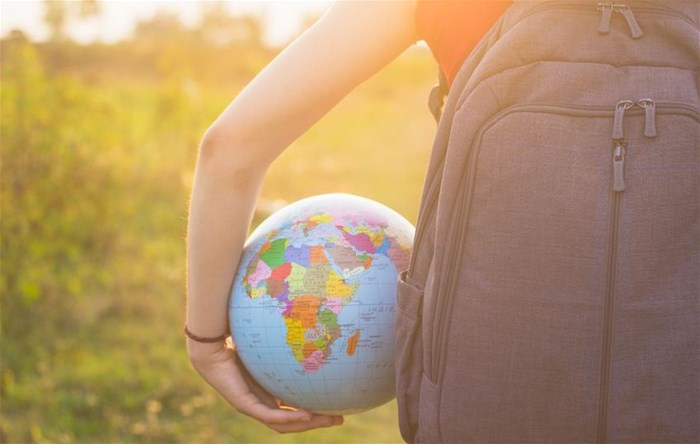
Top stories






More news


Marketing & Media
Ads are coming to AI. Does that really have to be such a bad thing?














Over 250,000 employees within the tourism value chain applied for the UIF TERS programme in April and May and this is expected to double when the June application opens. Roughly 49,000 SMMEs are already negatively affected and many will close shop. These SMMEs provide unique and authentic experiences sought after by travellers.
The TBCSA has presented a comprehensive case for tourism to the Minister of Tourism Mmamoloko Kubayi-Ngubane as well as President Ramaphosa to demonstrate the number of jobs that will be permanently lost if tourism doesn’t reopen soon. The TBCSA also presented a tourism recovery plan which firmly suggests the opening of international inbound travel by at least September 2020 in order to take advantage of the inbound summer high season which runs from September to March and represents 60% of South Africa’s international tourism annual revenue. The plan was presented to the portfolio committee on tourism earlier this month.
The presentation was backed by comprehensive health protocols developed by the industry to mitigate the spread of Covid-19.
The announcement made by the President under lockdown Level 3 which made it possible for domestic business, essential, and permitted travel to restart is a step in the right direction. The further easing of lockdown restrictions (advanced Level 3), where the President announced the reopening of accommodation not just for business travel, but also for leisure travel as well as casinos and restaurants, will help in reigniting the sector.
In order to sustain the opening of accommodation for leisure, however, interprovincial travel must also open to support accommodation businesses. Without interprovincial travel, accommodation establishments will remain closed and jobs will be permanently lost. Provinces like Limpopo, Mpumalanga, North West, and others receive more domestic leisure travellers from Gauteng than their own provinces.
StatSA’s domestic tourism survey indicates that 60% of all domestic overnight trips are across provincial borders, and this rises to 70% for trips from Gauteng. This means a majority of accommodation businesses in surrounding provinces rely entirely on Gauteng outbound domestic travel for their markets.
"If inter-provincial leisure travel is not allowed to take place, it will render the President stating that accommodation operations may trade to support economic activity in order to save businesses and jobs, futile. Without 90% of the market, of which approximately 60% travels across provincial borders, there will be no demand and businesses will not be able to trade, even at break-even levels," said Tshifhiwa Tshivhengwa, CEO of TBCSA.
With respect to sit-down restaurants, a majority of these restaurants are licensed to sell alcohol, and many people enjoy a cocktail or a beer before a meal – pairing a meal with a good quality South African wine is synonymous with the experience of being out at a restaurant.
Typically, these dining experiences happen in the evening and on weekends, which is when such restaurants make most of their turnover; some restaurants only open in the evenings and some only from Thursday to Sunday to enjoy the maximum revenue opportunity that evening and weekend trade offers.
"Currently, the regulations state that alcohol can only be sold Monday to Thursday's from 9am to 5pm, for off consumption. These regulations will need to be amended to enable the on-consumption sale of liquor in restaurants in order for them to open and survive as alcohol sales are a key component of many restaurateurs’ revenue, often totalling 35% to 50% of revenue," said Tshivhengwa.
In an interview on the weekend, the tourism Minister stated that about 30% of the country’s restaurants have already had to permanently close and that the hotel industry is expected to lose between 550,000 and 600,000 jobs if it does not resume business. She further stated importantly, that freezing the tourism industry has had knock-on effects for other sectors such as agriculture, aviation and fuel supply.
In agreement with the Minister’s concerns, the TBCSA and the travel and tourism industry understands the impact of further easing of restrictions and has been proactive in putting together safety protocols to mitigate the further spread of Covid-19.
Now, the very survival of this industry and the jobs it creates rests in the adjustment of these regulations. Every day that the industry remains retrained is an R748m loss of tourism expenditure and the further permanent loss of much-needed jobs.